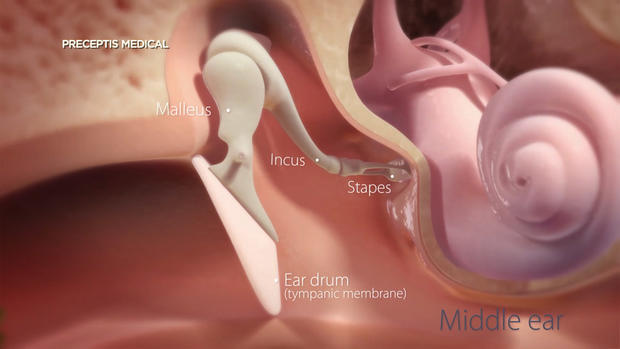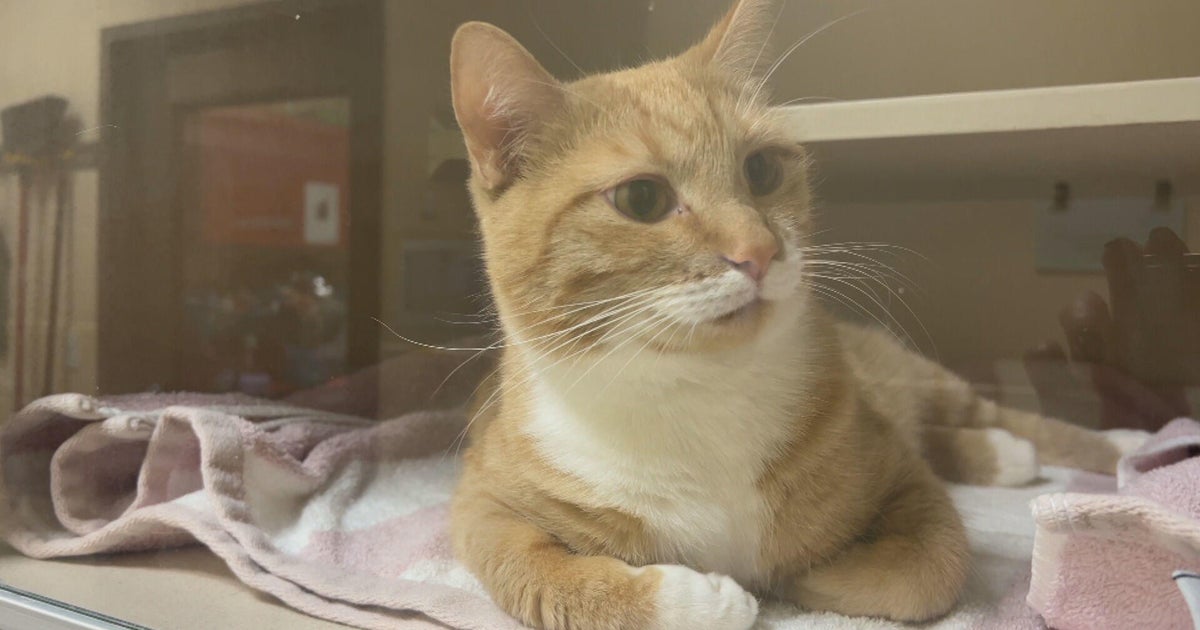'Hummingbird' Is Game Changer For Costly Ear Tube Procedures
MINNEAPOLIS (WCCO) -- More than a million kids receive ear tubes each year.
It's one of the most common pediatric procedures, despite the cost and need for general anesthesia -- but that's changing.
Like many 2 year olds, Soren Webster loves adventure, especially on the water, according to mom Rachelle Reedstrom.
"Our favorite lake is White Bear, and we go boating pretty much every weekend on the pontoon and we go fishing," Reedstrom said.
But she mom noticed Soren wasn't quite himself after suffering through four ear infections in four months.
"When he started going to daycare full time he started getting ear infections. You know, he'd get sick and then get an ear infection," she said.
It was time to get ear tubes.
"I kind of just kept putting it off, and I was like, 'Maybe his ear infections will get better,' but you know, I knew they wouldn't [laughs]!" Reedstrom said.
Traditionally, ear tube procedures happen in operating rooms under general anesthesia -- which can cost more than $5,000. But Reedstrom heard about a local innovation that saved thousands of dollars and could be done without putting Soren under.
Dr. Shelagh Cofer at the Mayo Clinic did Soren's ear tube procedure with an FDA-approved device she helped developed called the Preceptis Hummingbird.
"It's a real leap forward in our field," Cofer said. "We use numbing medicine right on the ear drum. We use the device almost like a piercing gun."
Dr. Cofer says she's able to do the procedure to both ears in about three minutes.
Because it doesn't require general anesthesia, it can be done in a clinic setting.
"It kind of fits in with the trends in healthcare where things are done minimally invasively as long as they can still be done safely and effectively," Cofer said.
The Hummingbird is saving time, money and stress for kids and parents alike.
"He's been more upset about not getting something he wants than this procedure [laughs]!" Reedstrom said.
The Preceptis Hummingbird is FDA approved for children 6-to-24 months old. Not all kids are good candidates, so check with your doctor. Click here for more information.








